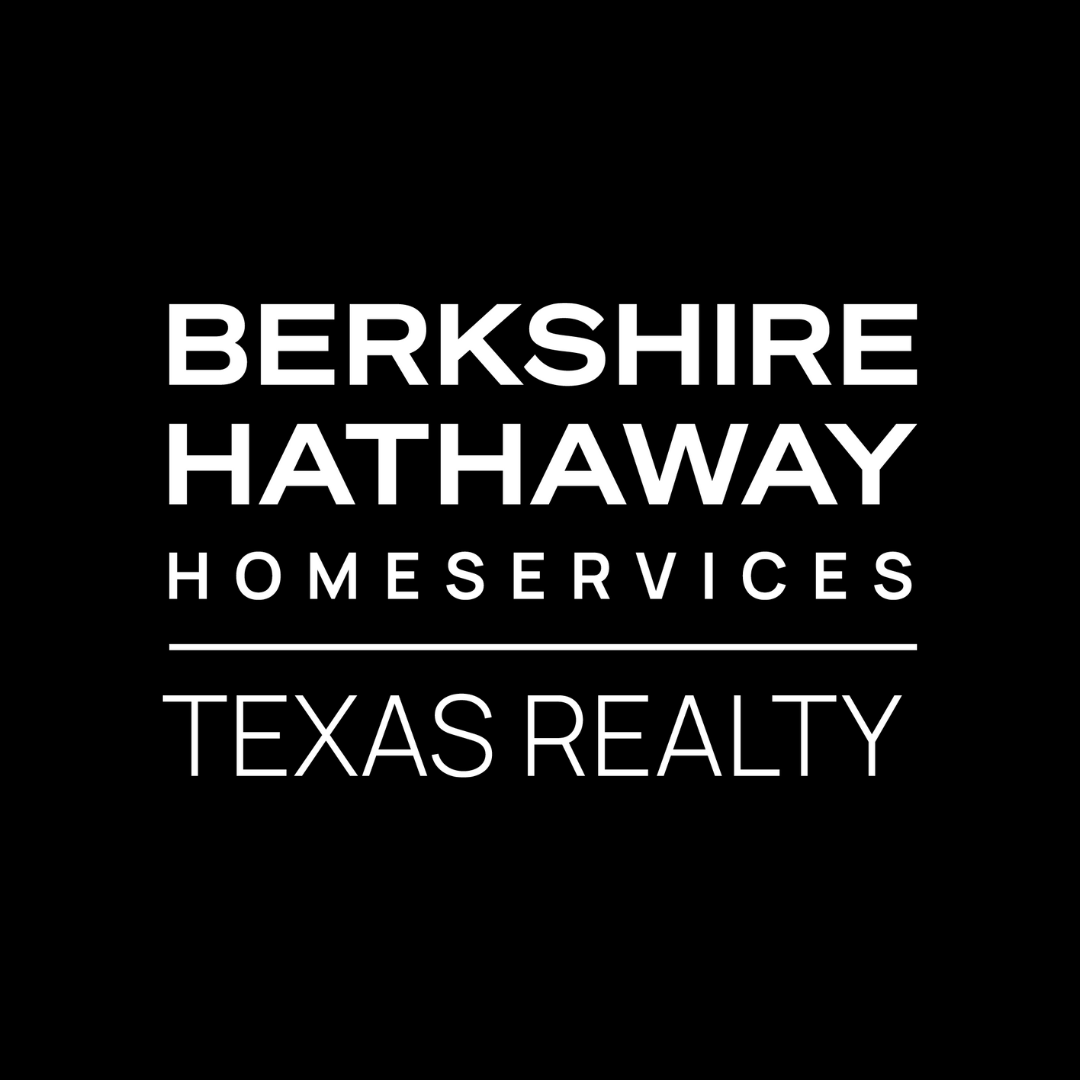Mortgage Terms to Know
Adjustable Rate Mortgage (ARM)
When you get a mortgage, you'll pay interest on it. If you decide to get an adjustable rate mortgage, or ARM, the interest will change throughout the life of the loan based on the market rate. The rate might adjust after five years or after 10, depending on the type. Depending on several factors, an ARM can save you money. But if you plan on living in the home for decades, an ARM is often not the best choice, as you have no way of predicting whether rates will rise or fall.
Annual Percentage Rate
Annual percentage rate, or APR, is one of the most important mortgage vocabulary terms to understand. The APR is about more than just the interest rate: It's the total cost of taking out the mortgage, including the interest rate on the loan and any fees you need to pay. You can use the APR to compare the total costs of different mortgage offers from different lenders.
Closing Costs
Quite simply, closing costs are the fees you pay to get the mortgage and to obtain the property. Both the seller and the buyer have to deal with closing costs. The costs typically include the origination fee for the loan, title insurance, taxes, and attorney fees. Usually, you don't know the exact amount of the closing costs until you finalize the loan. But your lender has to give you a good-faith estimate of the amount.
Collateral
When you take out a mortgage, your house acts as collateral. If I'm your lender and you stop making payments to me, I can claim your house. Collateral goes both ways. It gives me, the lender, a sense of security: If you fail to pay, I haven't lost everything, since I have the house. It also encourages you to pay your mortgage, since you risk losing your home if you don't.
Debt-to-Income Ratio
The debt-to-income ratio is how much debt you have compared to how much you earn. For example, if your income is $5,000 per month and your housing costs are $2,500, your debt-to-income ratio is 50 percent, which is very high. An ideal debt-to-income ratio for housing is about 30 percent. It's recommended that your total debt-to-income ratio not exceed 50 percent for all debts.
Down Payment
The down payment is the amount of money you pay up front when buying a house. If you are buying a $200,000 house and pay $40,000 up front, your down payment is 20 percent of the house's cost. The higher your down payment, the better, as most lenders will give better rates for higher up-front payments. It is possible to get a mortgage with a smaller down payment, but you usually have to pay for mortgage insurance and have a higher interest rate.
FHA
The Federal Housing Administration, or FHA, is a government agency that insures mortgages. The FHA allows people to buy homes and obtain mortgages with less-than-stellar credit histories and lower-than-average down payments. If you take out an FHA loan, you have to pay mortgage insurance on it as well as a fee of 1.75 percent.
Fixed-Rate Mortgage
A fixed-rate mortgage is the opposite of an ARM. The interest rate stays the same for the life of the loan. If you take out a 30-year fixed-rate mortgage with a 5 percent interest rate, the rate will be 5 percent in year one and in year 30.
Prepayment Penalty
A prepayment penalty is an extra charge for paying down the loan early. If your mortgage has one, it is usually outlined in the documents. For example, you might have to pay 2 percent of the principal if you pay off the loan within the first five years. Fortunately, prepayment penalties aren't common in today's mortgage market.
Private Mortgage Insurance
Private mortgage insurance (PMI) is an amount you pay above the cost of the principal, interest, and other fees each month. PMI is meant to protect the lender in case you stop paying. It's commonly needed when your down payment is less than 20 percent of the house's value. Once you've made enough payments on the mortgage that the amount of your loan drops to less than 80 percent of the cost of the house, you typically no longer need to pay PMI.


.png)
